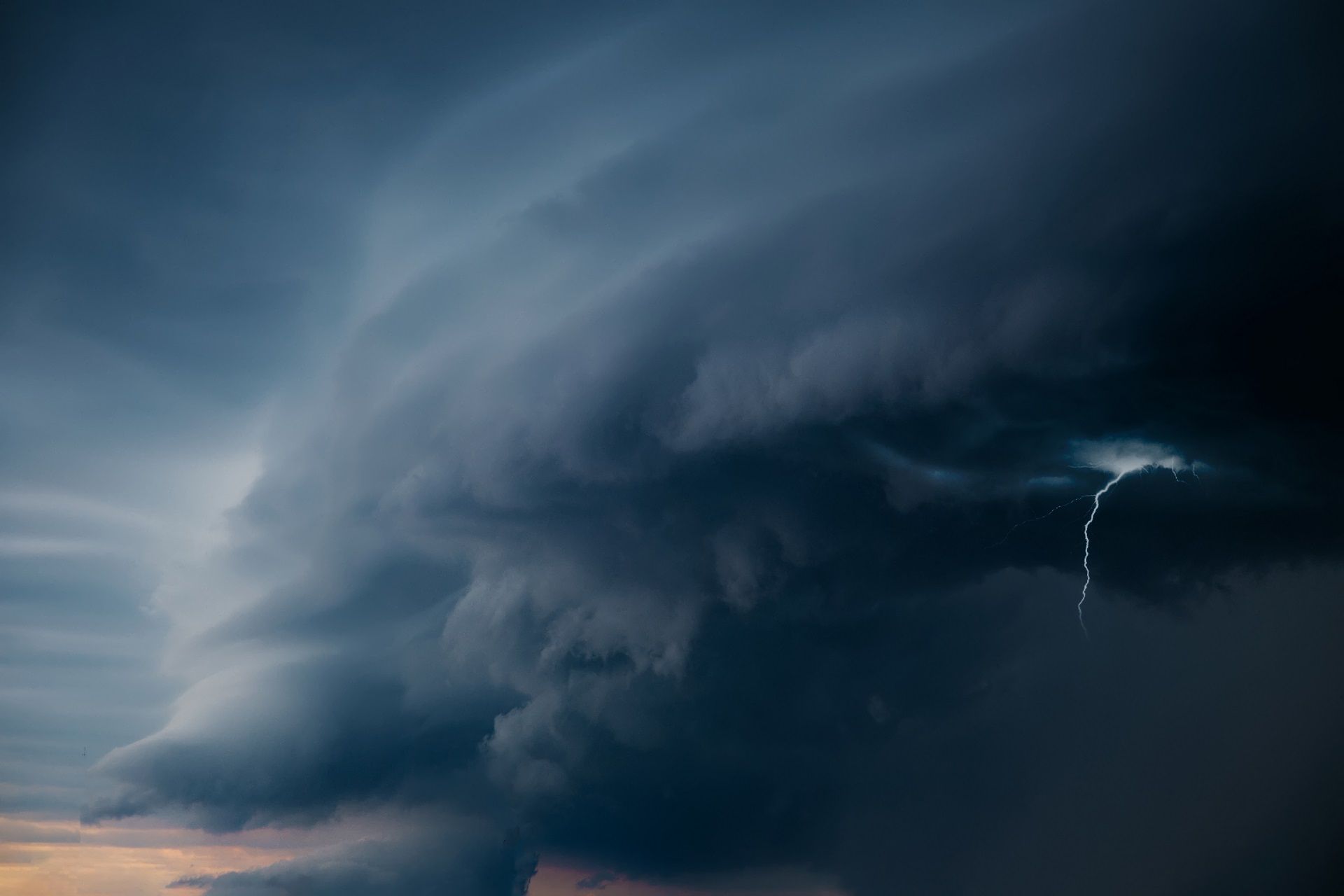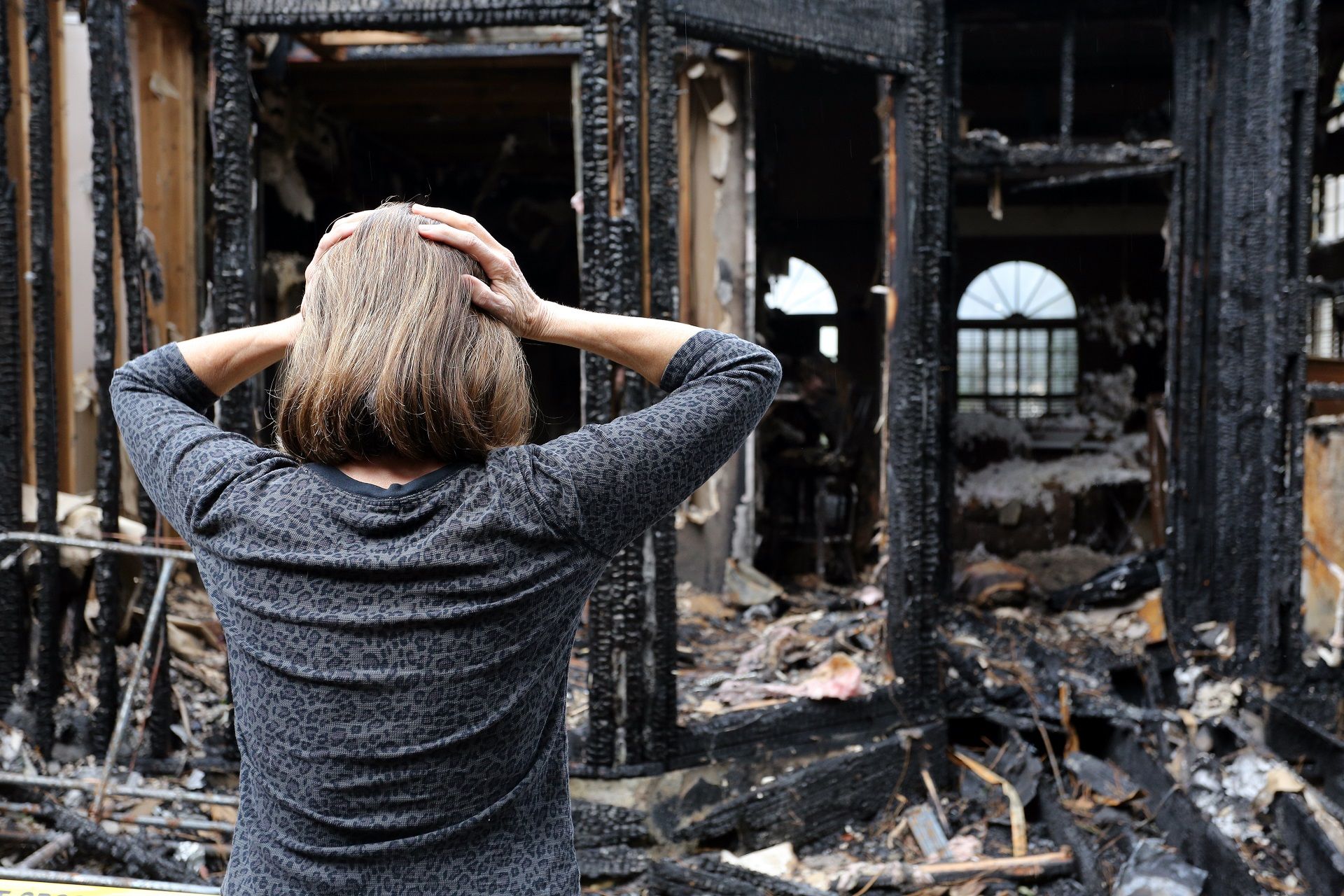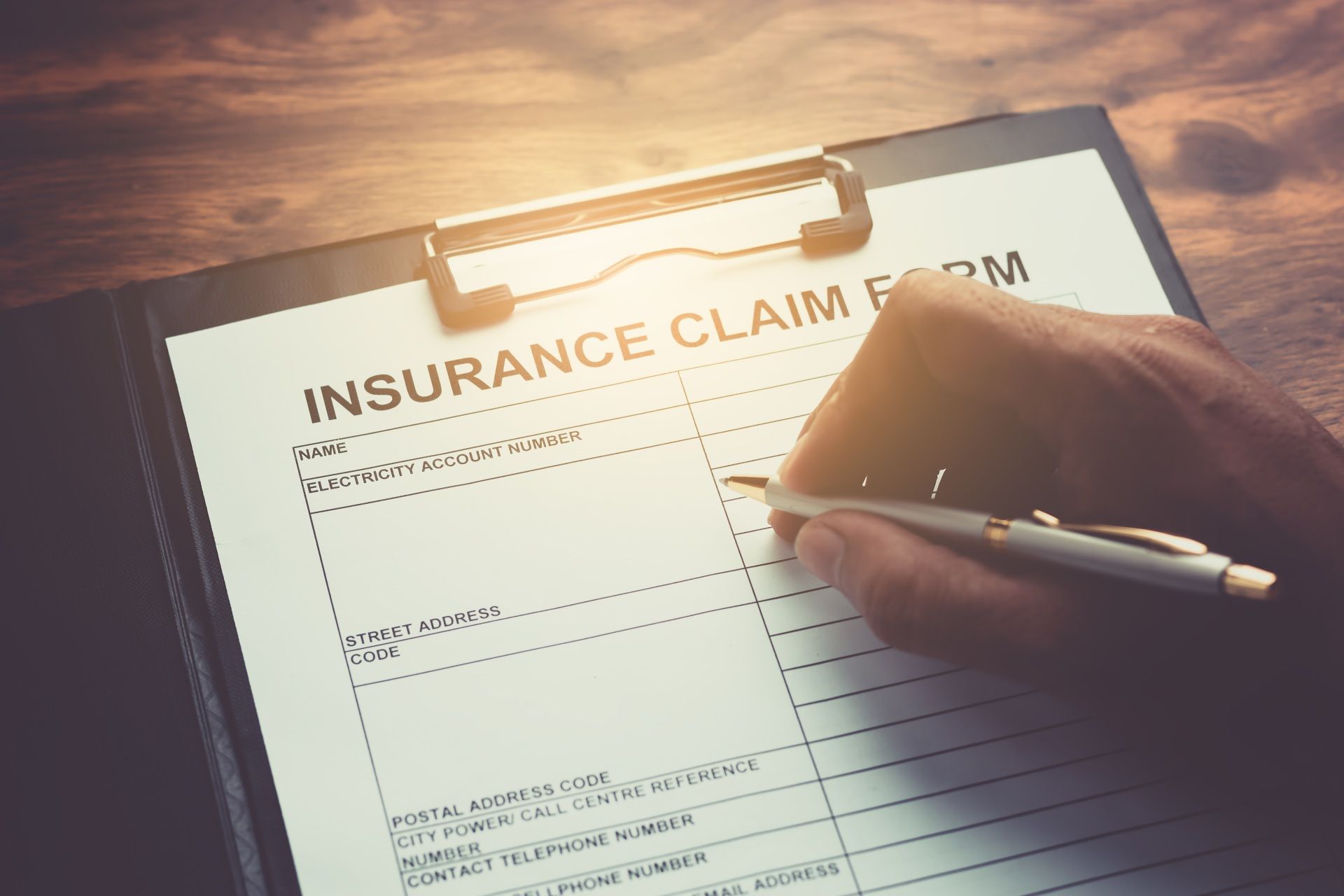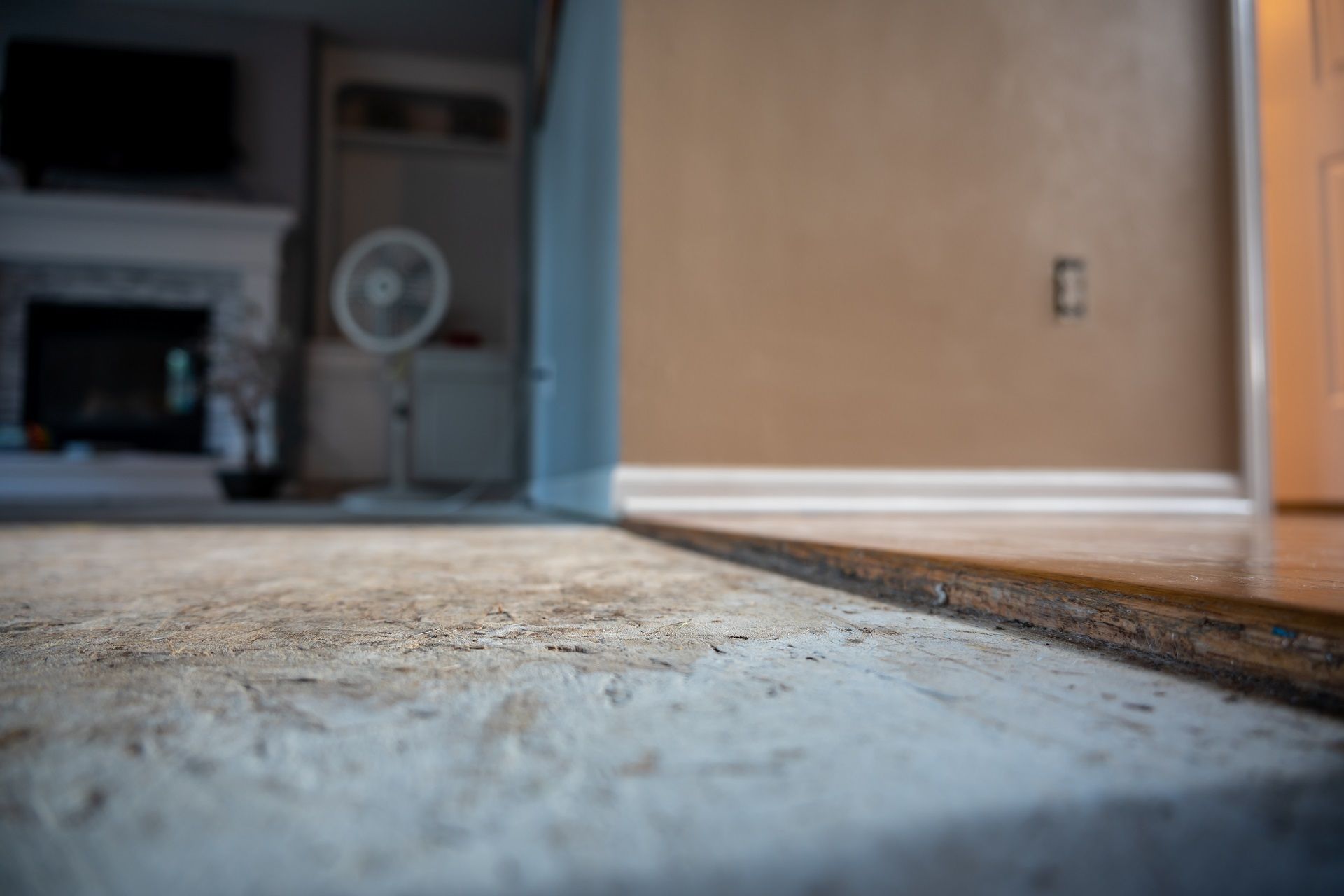Does Homeowners Insurance Cover A Grease Fire?
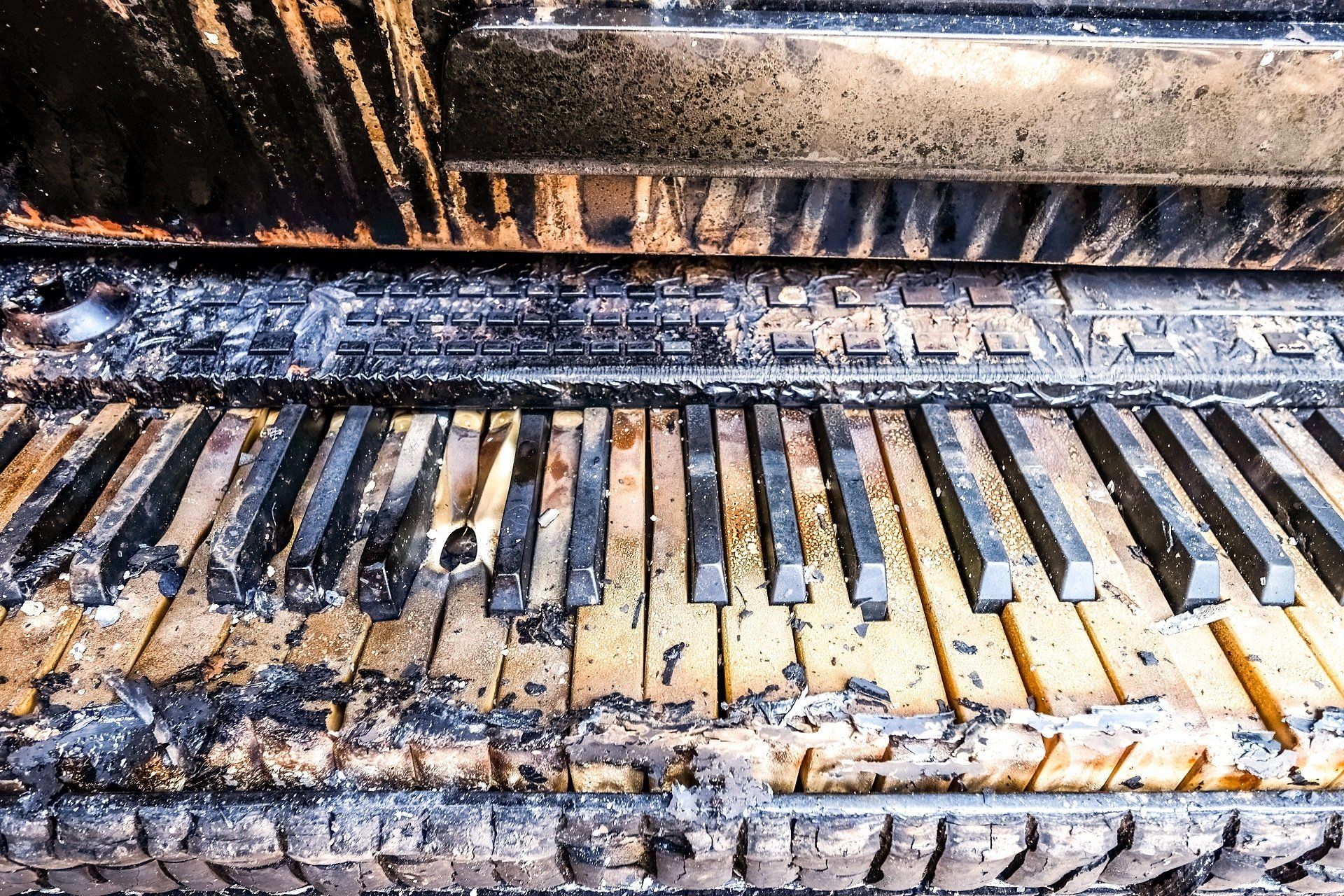
Homeowner’s insurance helps protect the homeowners against the unexpected. There are many things going on in the home at the same time. Sometimes these things take an unexpected turn. At such times, the homeowner’s insurance policy comes to the rescue. From break-ins to theft and fire damage to water leaks , the cover protects against several things that could negatively impact the property.
Fire insurance claims are one of the most common amongst homeowners. Electrical fires and kitchen fires are the usual heads under which the claims are made. In kitchen fires, grease fire is the main offender. Since all homes have a kitchen and it is used the most, today, we shall discuss homeowner’s insurance and grease fires in detail.
Grease Fires Can Happen In Any Home
No matter how good a cook you are, you too have some off days. Remember, even the Michelin star cooks make mistakes. You are no different. The mistake may take the form of a fire that causes damage in the kitchen, and if it spreads, then elsewhere as well. Hence, it is best to take into account that these things can happen in your home also.
How Grease Fires Start
When oil or fat spills from the pot onto the stove plate, it catches fire. This is a grease fire. The fire feeds itself and cannot be put out by throwing water over it. That could be hazardous. For this precise reason, it is advised that all homeowners keep a fire extinguisher in the kitchen. It also happens to be one of the core terms of the homeowner’s insurance policy.
What Not To Do In Case Of A Grease Fire
1. Don’t Wait For It To Die Out On Its Own – As mentioned above, a grease fire feeds itself so it will not die out without causing massive damage. Hence, waiting for it to go out is a grave mistake. Use your fire extinguisher to stop its spread. If it’s not handy, throw a towel over it to cut the air supply. Once the air supply is cut off, the fire will extinguish.
2. Don’t Throw Water Over It – No matter what, never throw water over a grease fire. When water comes in contact with hot oil or fat, it will splatter and cause burns on your skin.
Homeowner’s Insurance And Grease Fire
A typical homeowner’s insurance policy covers grease fire, provided it is accidental. Intentionally causing such a fire will not go down well with the insurance company, and the claim will be denied.
Scenarios In Which The Claim For Grease Fire Will Be Denied
It stands to reason that the insurance company will deny the fire insurance claim filed under the homeowner’s insurance policy under some circumstances. These scenarios are:
1. The Insurance Company Suspects Fraud – Some not-so-smart people try to outsmart the insurance company and finance their new kitchen through them. What most of them don’t account for is that the insurance company will conduct its own investigation. If they as much as smell the word “fraud,” your so-called fire insurance claim will be denied. Let alone a new kitchen; you will have to pay from your pocket to repair the damage in the existing one.
2. You Did Not Pay The Premiums On Time – Your homeowner’s insurance policy exists as long as you pay the premiums on time. If you miss even one installment, it will render the policy void. Hence, remember to be on top of all payments of your insurance premiums.
3. You Failed To Adhere To The Terms Of The Policy – The insured must fulfill some core conditions to ensure that their insurance policy remains active. One such condition is owning and installing a fire extinguisher in easy reach of the kitchen. There are others as well, and to know them all, you will have to study the insurance document carefully. If you fail to fulfill even one of these critical requirements, your grease fire insurance claim will be denied.
Proceeding With A Grease Fire Insurance Claim
1. Stop Further Damage – The first step involves stopping the fire from spreading. So you do whatever you have to in order to contain the damage. You also make a note of the same and keep it handy to provide supplemental information. It acts as proof showing that you tried your best under the circumstances to stop the fire from spreading.
2. Document How The Fire Started – While things are still fresh in your mind, it is best to write down the sequence of events that led to the grease fire. Over time your memory may become hazy, and you might skip some vital details.
3. Take Pics And Videos Of Damage – At this point, it is critical to remember that you have to prove the loss when filing a claim. Hence, take pictures of the complete damage. The more pictures you have of everything from all angles, the better it is. Make a video as well. While doing so, do not move anything from its original position. That could be taken as tampering with the evidence.
4. File The Claim Timely And Accurately – When you file the claim, it needs to be done within the timeframe mentioned in your policy. Fill all the forms correctly and provide the complete documentation.
The Crux Of The Matter
Grease fire insurance claims are covered under the homeowner’s insurance policy, and its treatment is standard as long as you follow the guidelines set by the insurer. Once you file the claim, the insurance company will send somebody to investigate its authenticity. If all seems in order, your claim will be passed and a settlement awarded to you.
If you were planning to upgrade your kitchen, it would be best to involve a public adjuster as he knows how to get you the maximum settlement in minimal time. They also happen to do all your legwork, and you simply sit back and reap the benefits for a small predetermined fee. Continental Public Adjusters can help you with your Florida-based fire insurance claim. We are a reputable company with a successful track record. To book an appointment, call us at (800) 989 – 4769.
Disclaimer: The information on this website and blog is for general informational purposes only and is not professional advice. We make no guarantees of accuracy or completeness. We disclaim all liability for errors, omissions, or reliance on this content. Always consult a qualified professional for specific guidance.


